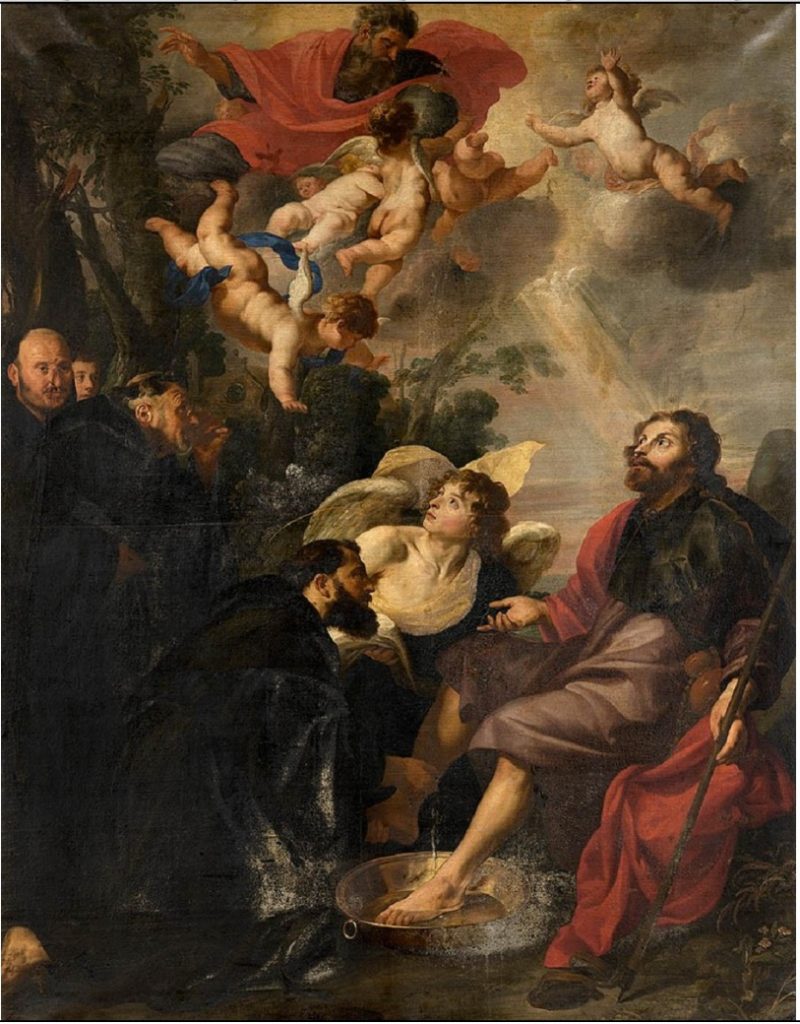I can already hear the fireworks, and I know I’ll hear them often throughout the month. In the United States we mark Independence on July 4, but we extend the patriotic frenzy for as long as the gunpowder holds out.
I don’t want to put a damper on anyone’s patriotism. St. Augustine was a Roman patriot who loved his cultural, literary, and legal heritage (though with a certain degree of critical reservation). We owe piety to our country, our parents, and God, because all of them have given us goods we can never repay. I think St. Augustine would have appreciated our fireworks.
And yet … I think we can over-celebrate “independence,” and maybe we’ve already done that. This country won its liberty from England so long ago that the event is barely remembered as a history lesson. By now our self-celebration has devolved into a vague enshrinement of “freedom.”
Again, freedom is a good thing. But that word doesn’t mean what so many of my neighbors think it means.
Today Americans praise their freedom not only from long-ago despots, but also from traditional moral norms, from binary systems of gender, and even from God. They’re bound, they say, by nothing: not biology, not what anyone three decades ago considered reality.
This is not a new story. If you’re reading this column, you’ve probably read the Old Testament. You know that this has happened many times, and it often ends badly.
But not if God’s people repent and recommit themselves to his covenant.
The divine covenant is so much more than we’ll find in any of our country’s founding documents. It’s more than a social contract. It’s a family bond. It’s not a Declaration of Independence at all. It’s a Declaration of Dependence.
It’s important that we get this right, because freedom is an important matter for Christians. We were saved for freedom. The great foreshadowing of our salvation was the liberation of Israel from bondage in Egypt. Saint Paul speaks of freedom as something glorious, belonging by right to the “children of God” (Romans 8:21).
Note that it’s not our status as creatures that makes us free. As creatures, we’re servants at best. If we’re sinful creatures, moreover, we’re servants of our passions. We’re enslaved by them.
Freedom is not an end in itself, but a means. We’re not just free from some former constraint. We’re free for something. We’re free so that we can know, love, and serve God without any limitations, sharing even his life and his divine nature (2 Peter 1:4).
If we have freedom but no virtue, we’re enslaved. But if we have virtue and no freedom, we can be even more free than our captors. Remember the old hymn: “Our Fathers, chained in prisons dark, / Were still in heart and conscience free.”
It’s wonderful that summer leaves us more free to pursue divine things.

